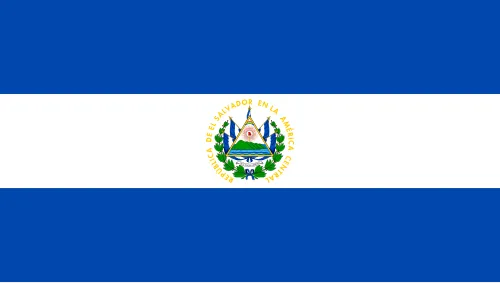
Pancasila Sanctity Day: Understanding Its Significance in Indonesia
Pancasila Sanctity Day, celebrated every year on October 1st, holds profound significance in Indonesia's national identity and collective memory. This day commemorates the tragic events of 1965 when the Indonesian military launched a coup that resulted in the mass killings of communists and alleged communist sympathizers. Pancasila, the foundational philosophical theory of the Indonesian state, was invoked as a rallying point against the chaos and remained vital in shaping the nation’s democratic ideals.
The Historical Context of Pancasila Sanctity Day
The backdrop of Pancasila Sanctity Day can be traced back to the political turmoil of the 1960s. On September 30, 1965, a group of military personnel attempted to abduct and kill several high-ranking Indonesian generals in a coup that led to widespread violence. In the aftermath, President Sukarno's regime was dismantled, and General Suharto took control, marking the beginning of the New Order regime.
This upheaval resulted in a horrific anti-communist purge, leading to the deaths of an estimated 500,000 to 1 million people. As a response to this tragic period, Pancasila was reaffirmed as the ideological foundation that embraces unity in diversity, nationalism, and democracy.
The Importance of Pancasila
Pancasila, which translates to 'Five Principles,' serves as the bedrock of Indonesian national philosophy. The five principles are:
- Belief in One God
- Just and Civilized Humanity
- The Unity of Indonesia
- Democracy Guided by the Inner Wisdom of Deliberations among Representatives
- Social Justice for All the People of Indonesia
These principles not only represent the values that unite the Indonesian nation but also reflect the spirit of tolerance, justice, and equality—a response to the divisiveness of the past.
Ceremonies and Activities
Pancasila Sanctity Day is marked by various ceremonies and activities across the country. The day typically starts with a flag-raising ceremony and a moment of silence to honor the victims of the 1965 tragedy. Government officials, military personnel, and citizens come together to reflect on the lessons learned from the past. Schools and communities also organize educational programs highlighting the importance of Pancasila in fostering national unity.
Furthermore, discussions and seminars are often held to analyze the historical events surrounding the coup and their implications for today's Indonesia. Civic engagement activities aim to educate the younger generation about Pancasila and the richness of Indonesia’s history.
The Future of Pancasila in Indonesia
As Indonesia continues to evolve as a nation, the relevance of Pancasila cannot be overstated. It serves as a guiding framework for contemporary governance, social cohesion, and national policy. The principles of Pancasila promote tolerance and inclusivity, critical in a nation characterized by a multitude of cultures, ethnicities, and religions.
In recent years, there has been a growing emphasis on interpreting Pancasila in a way that counters radical ideologies and promotes peace. Community engagement in this context is crucial, as it fosters dialogue and collaboration among various societal segments.
Conclusion
Pancasila Sanctity Day is more than just a date in the calendar; it is a solemn reminder of Indonesia’s history and the enduring values that unite its diverse population. Remembering this day symbolizes hope for a future where the principles of Pancasila guide the actions of individuals, governments, and communities alike toward a more just and harmonious society.





